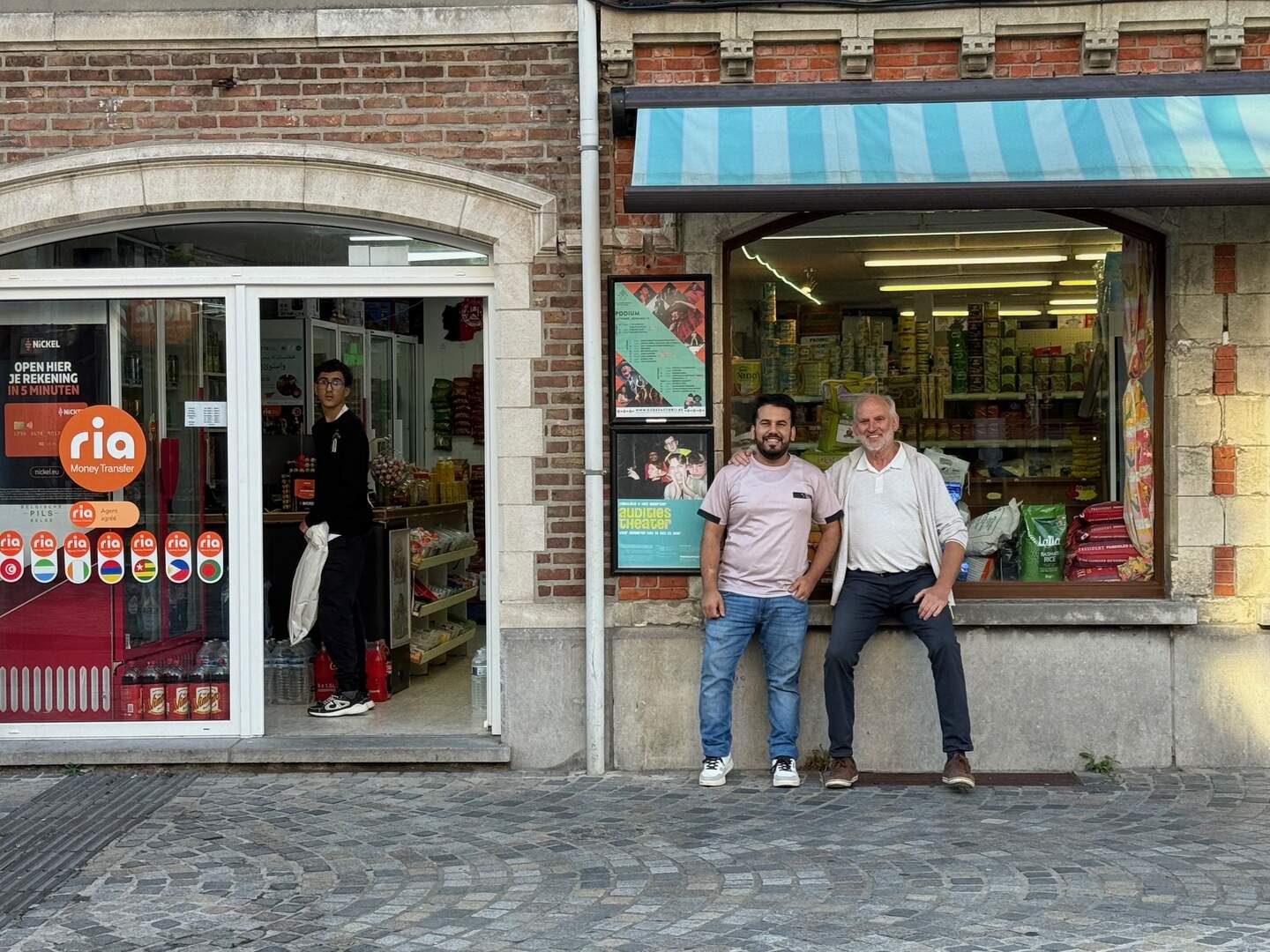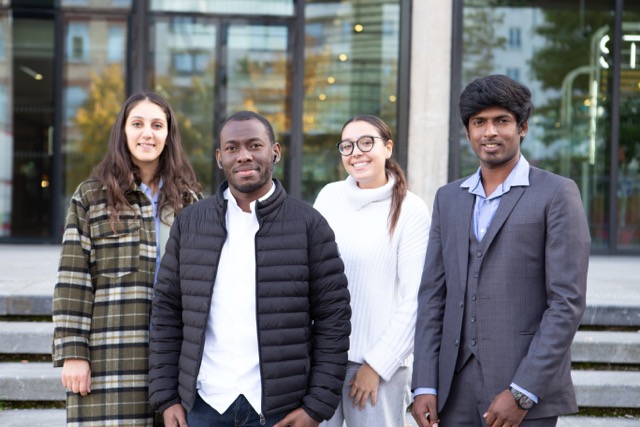42,000 Ukrainians sought asylum in Belgium in the space of three months. By way of comparison, in 2015, a year known for its reception crisis, nearly 45,000 people applied for asylum in Belgium. All of them quickly received temporary protection. Belgium was able to quickly welcome these 42,000 people who needed accommodation, medical care, a school for their children, and an income for social integration. A challenge that Belgium was able to take up because there was a political will to do so, and especially because we (finally) heard a univocal speech of welcome and solidarity towards people fleeing war.
A serious employment challenge And now? A serious challenge still awaits us. Only 5% of them have already found a job, and if you believe the figures of the last few years, the prospects for their professional future are not encouraging. For several years now, Belgium has had one of the largest differences in access to employment in Europe between people from third countries and people born in Belgium. This situation is not only unfavorable to the migrants themselves — work is beyond the remunerative aspect, a powerful lever for inclusion, a means of self-realization and of obtaining social recognition — but it also threatens the prosperity of our country. This waste of skills is becoming absurd in a context of labour shortage and given the ambition to reach an employment rate of 80% in all Regions of our country.
However, the causes of the disadvantage of migrants have already been identified numerous times by labour market experts. We have seen them in the field for almost 10 years. The barriers are first of all linked to the context of the Belgian labour market: ethnostratification, discrimination in employment and the mismatch between supply and demand. Other obstacles are linked to pursuing a career path in a new country. Newcomers face in particular language barriers, the complexity of procedures related to the recognition of their diplomas and skills, the lack of a professional network, and lack of knowledge of the labour market and its codes.
Difficulties in accessing basic services, and therefore the conditions necessary to devote oneself peacefully to looking for work, can also delay or even hinder the process of professional integration: decent housing, good (mental) health, childcare, childcare, childcare, a (minimum) income, stable family life, etc.
With the current situation clear, what are we going to do to facilitate, for the benefit of all, the integration of recently arrived people, especially Ukrainians?
VIDEO
An individualized solution... in a redesigned context A recurring dilemma arises: is the shortest path to employment the most effective for sustainable socio-professional integration for newcomers? It is clear that a lasting exclusion from the labour market becomes a liability and reduces the chances of finding a job later on. Yes. But hasty activation increases the risk of confining newcomers to unattractive, precarious jobs with no prospect of social mobility, leading to rapid abandonment (see the recent post by Dries Lens )
So? The answer is certainly at the crossroads of these two ideas. At the individual level, a sustainable professional inclusion process should be considered for each newcomer. Not only in order to ensure an increase in the employment rate, but also the sustainability and quality of jobs as well as the right 'match' between person and job. And that takes time, because you have to restore confidence and give people the keys to enable them to develop these perspectives. To achieve this, an assessment and personalized and intensive support on the way to employment, such as that of a mentor, is a key lever! Structurally, while the objective is indeed to accelerate or at least facilitate access to the labour market for newcomers, the first step is to create the human and social conditions for access to the labour market. At the same time, the structural causes of inequality in the labour market must be addressed for all persons with an immigration background. Some courses of action are already on the table. Starting work to end these inequalities: this is probably where the emergency lies.
VIDEO
VIDEO









.png)






